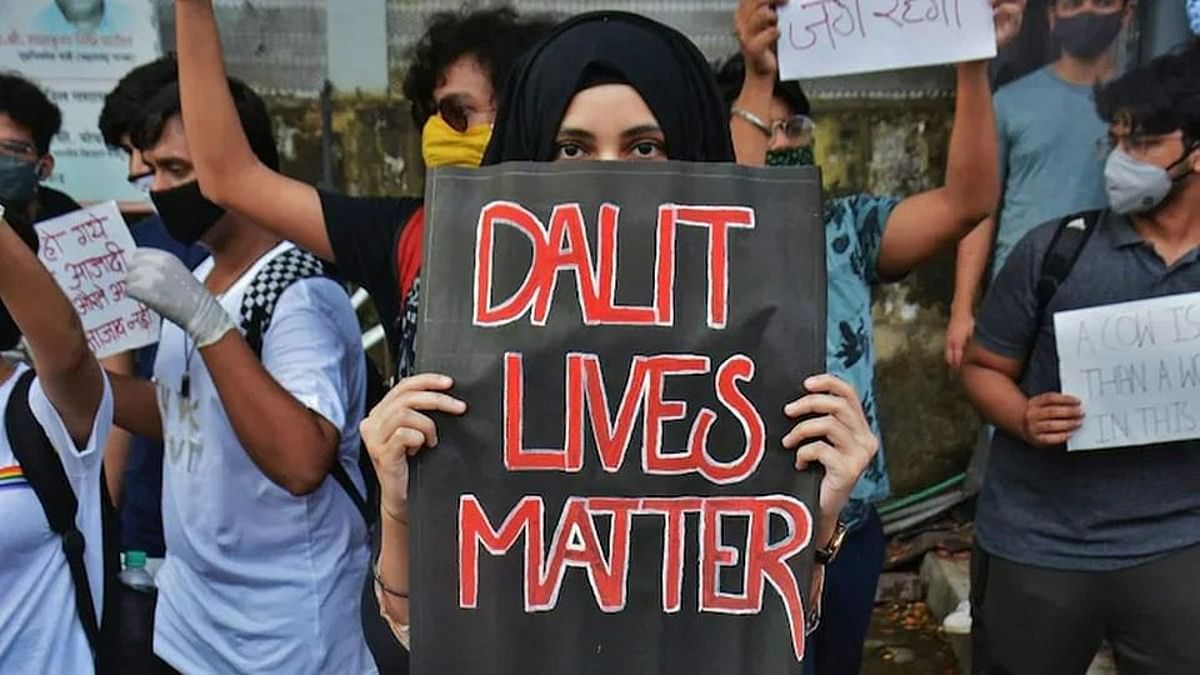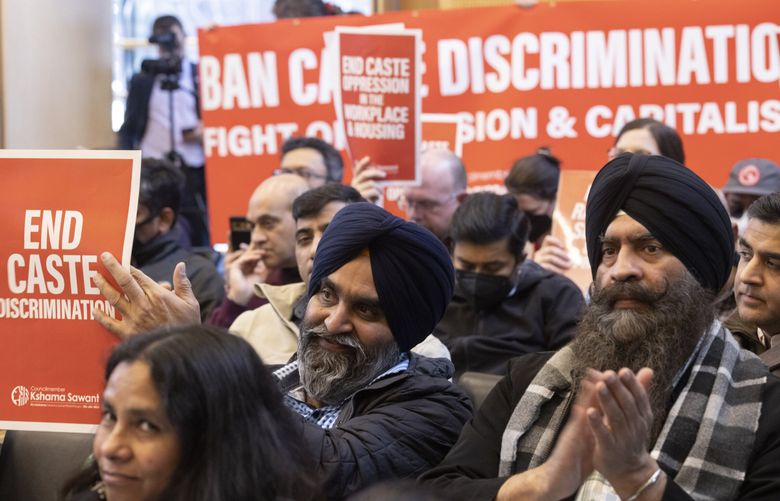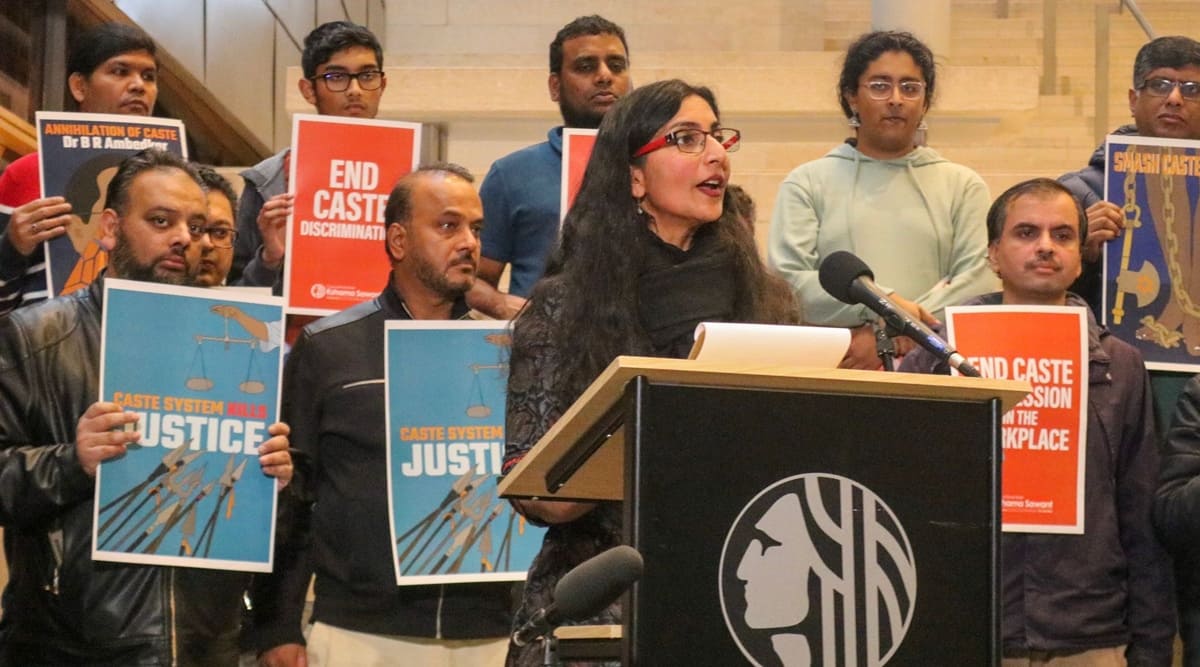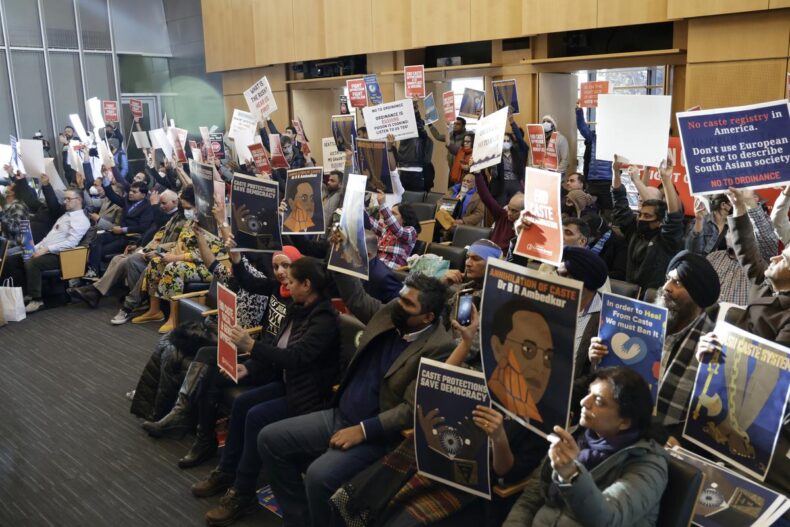Seattle has recently become the first US city to explicitly ban caste-based discrimination. On Tuesday, the city council in Washington, with a 6-1 vote, decided to make the addition of ‘caste’ to the city’s list of anti-discriminatory laws.
What is caste-based discrimination?

Caste based discrimination refers to the violation of one’s right to civil, political and economic rights based on a pre-established societal hierarchical system which usually dates back to many centuries and often in all kinds of religions. In short, it is a process by which certain people are ostracized and not allowed to exercise one’s right because of certain pre-historic rules. It is still, to this day, most prevalent in a myriad of South Asian countries.
Passing of the law in Seattle

Right groups, especially a substantial part of the South Asian population, have been fighting to ban discrimination against caste for a long while. The Washington DC-based Hindu American Federation in an open letter wrote that this law “unfairly singles out and targets an entire community on the basis of their national origin and ancestry for disparate treatment”.
The room at the city council was packed and bustling with radical thought and opinions from both sides. They were bearing banners, chanting slogans and even challenged the speaker and officials after they made their comments. But the majority supported the bill, but a vocal minority who opposed was also present.
That morning, many activists had braved the harsh weather to line up outside the gates of the City Hall to speak in front of the council, who would be deciding on the vote. The council, however, had restricted public comment after more than 300 people had requested to speak with the council, listening to only a half of the comments before proceeding on with the voting process.
The bill was passed with a 6-1 majority. The majority of the officials agreed that caste discrimination was an illness which overcame national as well as religious borders. Thus, it was agreed that it was a priority for the government to protect citizens who were the target of such discrimination.
History of caste based discrimination in the US

The issue of caste-based discrimination gained traction when employees at Cisco in California were being accused of caste discrimination by a fellow employee. A civil rights lawsuit was filed by the California government on this matter in 2020, which accused two employees along with the company of wrongful employment practices.
Even in recent years, many colleges and universities in the US have implemented strict rules to prohibit anyone from practising caste-based discrimination. Brandeis University, in December of 2019, became the first US college to include caste in its non discrimination policy. And several other colleges, including Brown University, have proceeded to adopt the same measures.
Indian’s reaction to the law

The executive director of Equality Labs, a California based organization which advocates along with other local community partners to push caste discrimination laws to be passed, Thenmozhi Soundararajan, commented that by the passing of this law was a symbol of ‘a culture war has been won’.
According to Sanjay Patel, a tech owner from the Seattle area, commented that he had never felt a sort of discrimination in the US because he belonged from a lower caste and the whole ordeal caused him pain because it reminded him that people have not been as lucky as him and are still denied basic human rights based on where and to which family they were born to. He further added that with this law coming into force, more businesses would be fearful to hire South Asians.
According to the sole Indian American council member on the panel, Kshama Sawant, who drafted the law, said that the passing of law symbolized that this law ‘does not single out one community, but it accounts for how caste discrimination crosses national and religious boundaries.’













